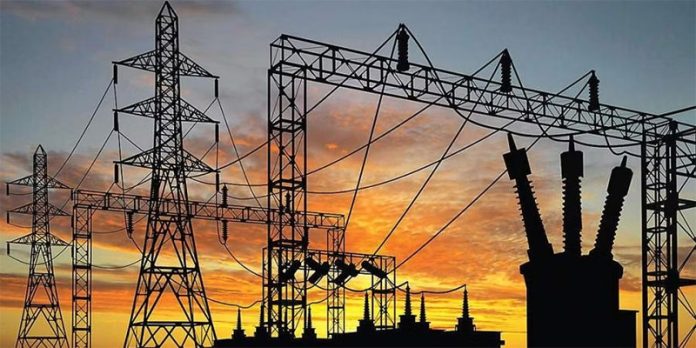A high-level meeting was convened to scrutinise the extant power conundrum in the Union Territory of Jammu and Kashmir. The Union Power Minister, alongside the Lieutenant Governor and senior officers, meticulously analysed the current power crisis. Subsequently, the Central Government sanctioned an additional 1972 MW of power for the UT. While various measures were deliberated upon, the Central emphasis resided once again in the realm of power reforms. The immutable truth persists that unless the attainment of 100 per cent metering is realised, the situation will persist in its fluidity, necessitating ad hoc arrangements to bridge temporal gaps. Jammu and Kashmir’s power sector has grappled persistently with a myriad of challenges, exacerbating the gaping chasm between demand and supply with each passing month. The crux of the issue lies in the staggering aggregate technical and commercial (AT&C) losses, a quandary that the Jammu & Kashmir Power Development Corporation Limited (JKPDCL) has consistently failed to redress. A substantial portion of the area remains unmetered, with no verifiable load data officially recorded. Consequently, this results in undervalued flat rates being imposed, culminating in an astronomical accumulation of outstanding dues, surmounting into thousands of crores and escalating incessantly.
The dire situation is further compounded by a significant shortfall in power generation from the hydroelectric plants operated by the UT. With meagre revenue generation and collection, JKPDCL finds itself incapable of procuring additional power. The ostensibly sluggish progress in implementing reforms, particularly in the realm of smart metering, forebodes an absence of viable long-term solutions. Despite the magnanimity of the Central Government, which has provided an additional 1972 MW of power to the UT of Jammu and Kashmir, addressing the root cause remains imperative for any substantial transformation. It is evident that half-hearted measures, which have historically proven futile, are unlikely to yield positive outcomes in the future. Without setting specific targets and rigorously enforcing their implementation on the ground, AT&C losses will persist, rendering the UT perennially incapable of self-sustainability in the power domain. The Central Government’s financial infusion into UT’s power corporations is unsustainable, particularly when the Power Department continually falls short of achieving reform objectives, leaving the residents of UT grappling with unprecedented power curtailments.
While the commendable 4E initiative by students endeavours to foster awareness about power savings and conservation, its impact remains contingent on the availability of power. The critical issue of power theft in the UT must be unequivocally addressed for any substantive progress to materialize. Rural areas, in particular, bear the brunt, enduring routine power cuts that extend for more than half a day. Despite the recent appointment of a Nodal Officer by the Central Government to monitor the situation, tangible improvements hinge on fixing accountability and responsibility for AT&C losses. Incremental implementation of various measures must be undertaken, coupled with resolute administrative decisions at every echelon of authority. Higher authorities must take decisive action, as the Central Government’s recurrent interventions can only extend so far. A lasting resolution to these challenges must emanate from within the JKPDCL, heralding a paradigm shift in the governance and operational landscape of Jammu and Kashmir’s beleaguered power sector.
The Central Government, having already sounded the alarm on the imperative need for power reforms, underscores the gravity of the situation that authorities must confront with unwavering seriousness. Power pilferage emerges as a formidable challenge, demanding a colossal and concerted effort to reverse this pernicious trend. Stopgap measures, bereft of clearly defined targets and stringent timelines, are destined for futility and are insufficient to address the pressing issues at hand. The Union Power Ministry has disbursed substantial sums, amounting to thousands of crores, aimed at enhancing power infrastructure in the UT over the past few years. However, the onus lies squarely on the JKPDCL to translate these financial injections into tangible on-the-ground reforms.
Trending Now
E-Paper


